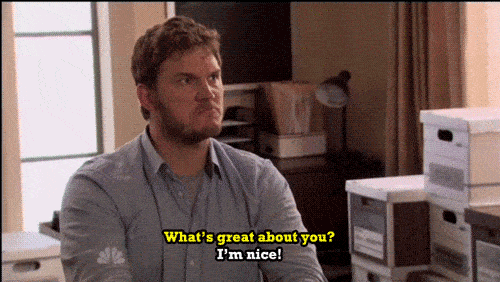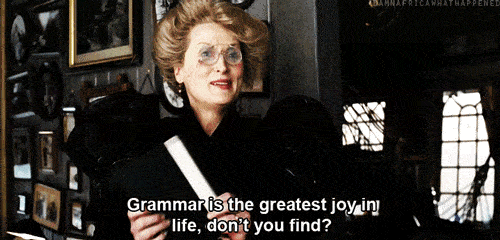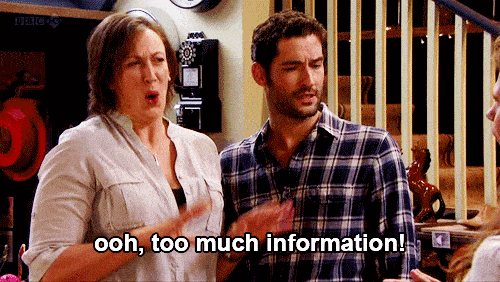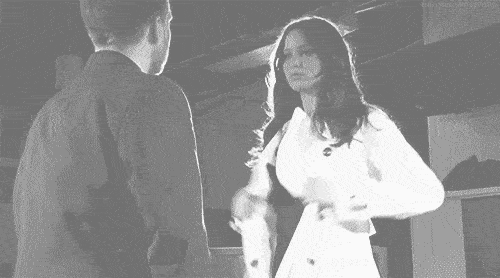All of us go through it sooner or later - the intimidating meeting that can change our lives. You know well how important it is to create a perfect resume and to show your advantages in this short job interview time.
Everything counts here starting from the way you dress and finishing with your answers to the simplest questions. The scary thing is that every wrong word, gesture or answer can take away the opportunity to get your dream job.
You’ve probably heard about all the basic job interview mistakes such as lying, being rude or wearing your tracksuit pants. We offer you some more factors that may influence your interviewer's opinion of you. So, here are the things that make your potential employer say “no” to you.
In need of more job opportunities? Consult our comprehensive compilation of the best job posting sites for a wider range of choices.
Focusing only on the financial part
It is not a good thing if all you seem to care about is the money issue. Keep the balance between questions about your salary and other enquiries. Candidates who are interested in nothing but their salary usually lose to those who ask about particular job details. Of course, you want to know how much you will be paid, but don’t forget to ask about your duties, responsibilities and career possibilities. Your interviewers will appreciate that.
Making your resume too detailed
Nobody wants to know that you won ten awards at school contests. No one cares that you worked as a postman for two months fifteen years ago. Your resume should be highly informative and laconic. All the information should be useful to your potential employer. If you are interviewing for an IT job, for example, you may not mention that you delivered pizza for half a year while you were a student.
Give your resume to a friend or relative to read. It is even better if you can give it to a person you have never met before. They can tell whether it is easy to read and which parts should maybe be excluded.
Overpraising yourself

You will probably be asked a tricky question about your weaknesses. Should you answer it honestly or should you be more artful and diplomatic? The first option is probably better. The majority of people start saying loads of rubbish about being too hard working, too initiative, etc. Honestly speaking, that makes you look narcissistic in the eyes of your interviewer.
You shouldn’t let them know about every single flaw you have, as well. Just try, to be honest, and don’t tell them you are perfect. It is better if you say that you are, for example, a bit absent-minded in times, but you’ve developed a system of notes and reminders to work on this problem. They will definitely appreciate you saying you are fighting your weaknesses.
Making silly mistakes in a resume

Join The Break Community
Well, you know that a resume is the first thing you are judged upon. Your potential employers already have a clear picture of you in their heads even before they see you and talk to you. If you make spelling or grammar mistakes in your resume or cover letter, they will already see you as a poorly educated person. Even if they decide to invite you to a job interview after seeing your poor grammar, they may be a bit condescending at the meeting because you write “your” instead of “you’re”.
So, don’t be lazy about editing and proofreading your resume. If you are not very good at writing, better have it checked by some freelancers or friends. Do not risk a potentially good job by making small silly mistakes.
Looking for support with your resume? Consider our best resume writing services for professional help.
Not knowing much about the company
A job interview is not a place for the questions such as “What does your company do?”. You have to come to this meeting prepared knowing the history of the company, its projects, services, names of the owners, latest news, etc. Not doing your homework can actually cost you a job. So don’t be lazy and make some researches.
Ask some deeper questions about the company, though. For example, take the interest in their attitude towards creative approaches to tasks; ask how they reward initiative employees, etc.
Not having any questions
Before going to a job interview, think of several questions you will be asking. If you have none, you may seem spineless, weak-willed and simply not interested. At the same time, don’t conduct an interrogation for your interviewer asking too many questions at the first meeting.
Being stiff and shy
Surely, you are nervous. But can you, at least, smile or keep an eye contact? You should be happy and enthusiastic - that is what your job interviewers want to see. Your important job interview is not a place for excessive shyness. Give yourself a bit of credit and tell about your victories. Maybe, it is your only chance to impress your potential employers.
Chatting too much

Talking off the point, interrupting your interviewer, answering a simple question for 15 minutes are all the things that annoy HR managers. Answer to the point, laconically and with examples. It’s as easy as that: sit still, listen carefully and answer thoughtfully.
No employers would appreciate chatty workers. If they see you talk too much, they may think that it’s all that you will do at work if you get the job. You probably do not want to make such an impression. So, shut it and talk only when you need to.
Saying bad things about your previous employer
Maybe, your previous bosses actually were idiots. However, slinging dirt at them, you only make yourself look bad. These potential employers who interview you will one day be your previous ones. And they know that. So, if you talk bad about your bosses now, you will probably say the same at your future job interviews about them. Thus, don’t talk much about your previous bosses and companies you worked for. You can give the names and talk about your duties there, but don’t get into the details.
Flirting and seducing

If your recruiter is of the opposite sex, the last thing for you to do is to flirt with them and to be seductive. Of course, you can try it, but the results will more likely be negative. Besides, if you do get the job because of it, you will be treated not as a respectable professional, but just as a pretty face. Be professional and serious. Jokes might be good, but flirting is never appropriate.
Not turning off your phone
This demonstration of you being so busy and needed is highly inappropriate here. Turn your phone off even before you enter the building. Show some respect for your potential employers; they will appreciate it.
If your phone rings at the middle of your interview, it will most certainly irritate your interviewer and maybe even cause the rejection. Don’t risk it.
So, these were the things that can in a way influence the perception of you at a job interview. Remember, that you have to be the best version of yourself at this meeting. To make it happen, you need to take time and think every tiniest detail through. Thus, you will be prepared for the most unexpected questions and will charm anyone into hiring you. Good luck!













